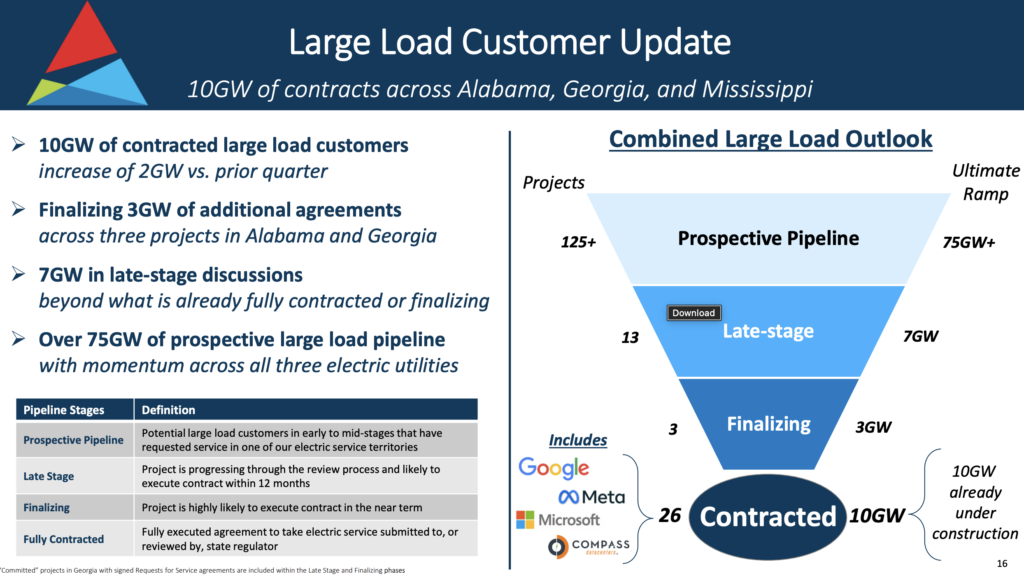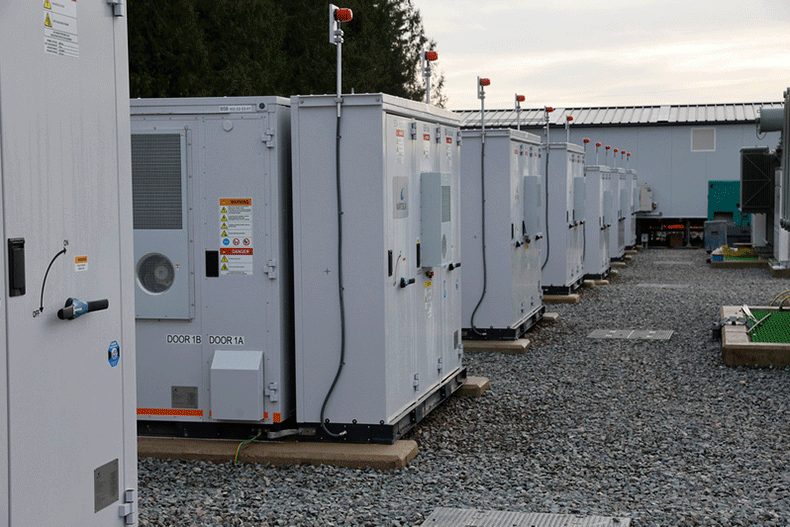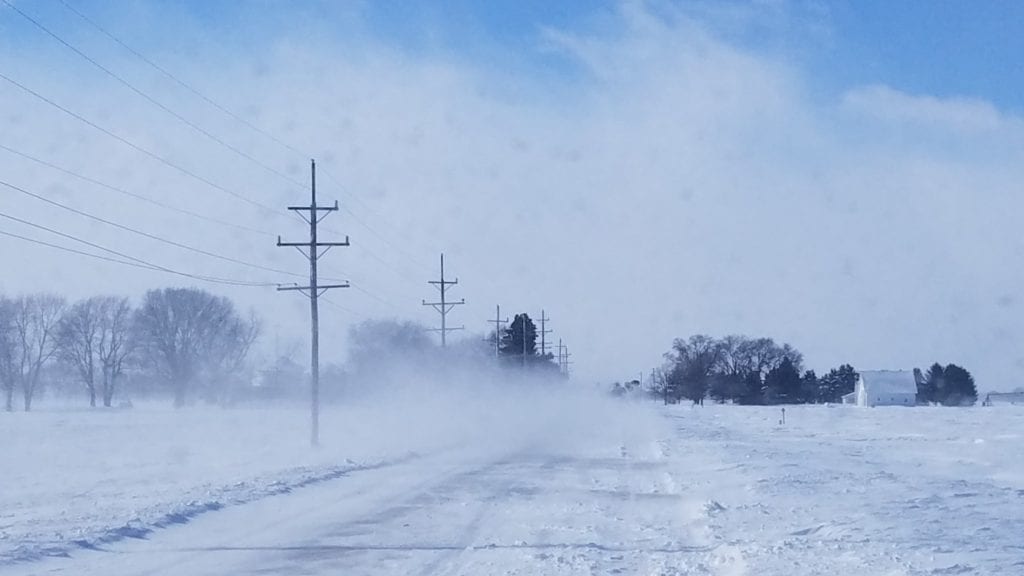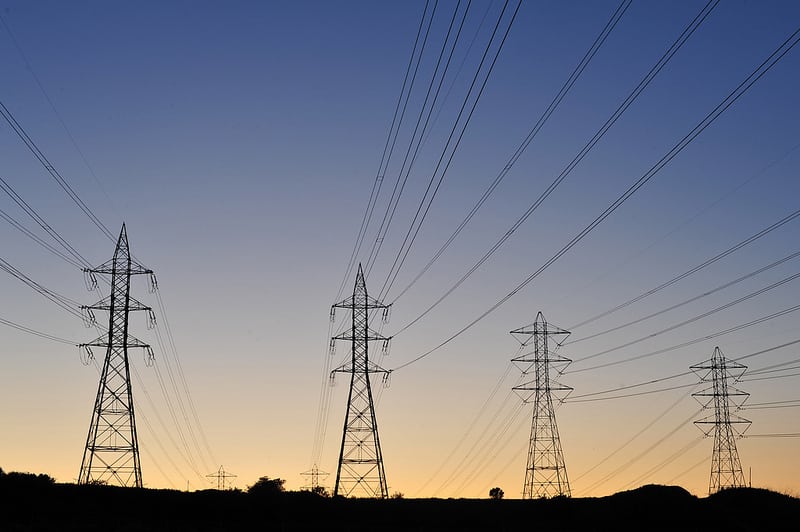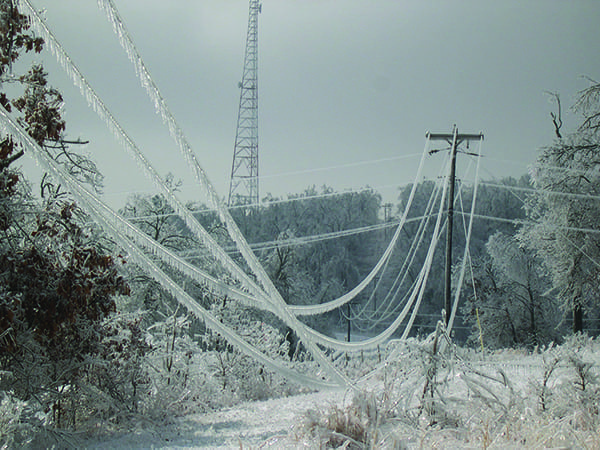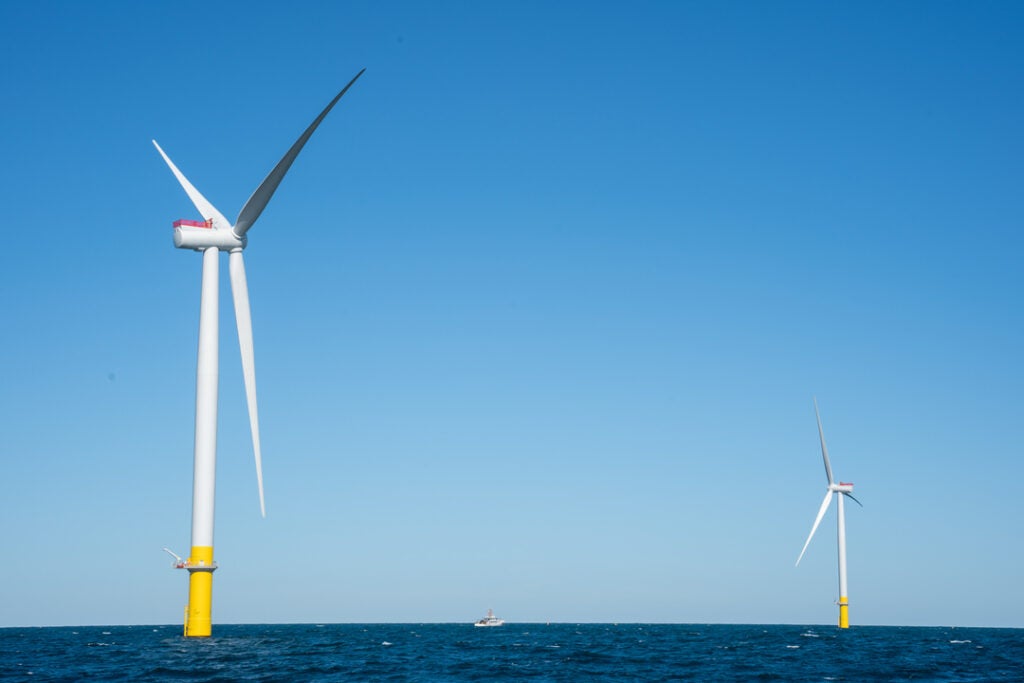Arthur D’Andrea, the chair of the Texas Public Utility Commission (PUC), who took the post just two weeks ago, has resigned. D’Andrea was the only remaining PUC commissioner and is the latest state official to decamp their position in the wake of a deadly winter storm in February that overwhelmed Texas’ energy infrastructure.
Texas Gov. Greg Abbott, who appointed D’Andrea to the chairman’s post after the resignation of former chair DeAnn Walker, said in a statement late on March 16 that he asked for and received D’Andrea’s resignation, which leaves the regulatory agency devoid of members.
The Texas PUC regulates the state’s electric, telecommunication, and water and sewer utilities. Abbott tabbed D’Andrea, who was already a commissioner, to chair the group after Walker’s resignation on March 1. Shelly Botkin, the other remaining commissioner after Walker’s departure, resigned just days after Walker.
“Tonight, I asked for and accepted the resignation of PUC Commissioner Arthur D’Andrea. I will be naming a replacement in the coming days who will have the responsibility of charting a new and fresh course for the agency. Texans deserve to have trust and confidence in the Public Utility Commission, and this action is one of many steps that will be taken to achieve that goal,” Abbott said.

57 Deaths Attributed to Storm
D’Andrea’s resignation will be effective immediately upon the appointment of a successor, according to an email Wednesday from PUC spokesperson Andrew Barlow to POWER. The state health department on Monday released data that said at least 57 people died in Texas due to the winter storm, which was dubbed Uri, with most of the deaths caused by hypothermia. More than 4 million electricity customers were without power for days in subfreezing temperatures during the height of the event in mid-February.
D’Andrea’s resignation Tuesday came just hours after a report by Texas Monthly magazine that D’Andrea told investors in Texas’ power markets he would attempt to throw “the weight of the commission” behind a move to stop efforts to reverse billions of dollars in charges from the Electric Reliability Council of Texas (ERCOT). Those charges from ERCOT, the power grid operator and deregulated market manager for much of the state, to companies in the state’s deregulated power market already have brought three bankruptcy filings from those providers.
Potomac Economics, an independent market monitor, recently said ERCOT had overbilled power companies by as much as $16 billion in charges related to the storm, though it later revised that figure to about $5.1 billion. ERCOT’s board voted to fire Bill Magness, the agency’s CEO, on March 3, just hours before the Potomac report came to light. Several ERCOT board members already had resigned in the week after the February storm.
Debate About Cost of Electricity
The cost of electricity during the storm has been a contentious issue. On Monday, the state Senate suspended its own rules, and by a 27–3 vote passed a bill that would force the PUC to reverse those charges by Saturday.
Lt. Gov. Dan Patrick, who leads the Senate, supported the measure. Patrick in a statement said the charges would “require an adjustment” and that it would be the “right thing to do.”
Not all Texas lawmakers think the charges should be reviewed. Abbott has said electricity repricing posed potential conflicts with parts of the Texas Constitution, and has said lawmakers need to “weed through all these complexities.” Texas House Speaker Dade Phelan on Tuesday in a statement said there was “no error” regarding ERCOT’s pricing; he said it was a “proactive decision.” He said reversing the charges “based on disagreement with PUC and ERCOT’s management decisions is an extraordinary government intervention into the free market.”
Phelan added: “ERCOT and PUC failed Texas repeatedly during this tragic event, but the decisions made on pricing were made based on ensuring the reliability of the grid. I believe that these decisions saved lives.”
Phone Call with Investors
Texas Monthly reported that it obtained a recording of D’Andrea’s 48-minute, March 9 phone call with investors, which the magazine said was hosted by Bank of America Securities, and closed to the public and news media. The report said, “D’Andrea took pains to ease investors’ concerns that electricity trades, transacted at the highest prices the market allows, might be reversed, potentially costing trading firms and publicly traded generating companies millions of dollars.”
The magazine wrote that D’Andrea at one point said he expected to remain the sole member of the commission at least for now, with Abbott reluctant to appoint new commissioners during the current legislative session. According to the magazine, D’Andrea said during the call, “I went from being on a very hot seat to having one of the safest jobs in Texas. I think it’s just going to be me for a while.”
Much of the discussion on the call revolved around the issue of repricing expensive electricity trades during the February event. Wholesale power prices hit the state-imposed maximum of $9,000 per megawatt-hour and stayed at those levels for days due to a PUC mandate that the $9,000 prices remain in effect for 32 hours after the market had returned to normal.
Several Texas utilities and retail electricity providers have expressed their anger with that decision, including the three companies that have filed for bankruptcy. Those groups include Brazos Electric, the state’s largest and oldest membership power cooperative, which in its March 1 filing said, “Brazos Electric will not foist this catastrophic ‘black swan’ financial event onto its members and their consumers, and commenced this bankruptcy to maintain the stability and integrity of its entire electric cooperative system.”
NRG Energy, a Houston-based utility and one of the state’s largest generators, on Wednesday said it anticipates a $750 million loss attributable to the winter storm, which prompted the utility to withdraw its 2021 financial guidance that was announced March 1.
“Based on the new information available to us today, we are unable to provide financial guidance due to the unprecedented and unpredictable market outcomes resulting from winter storm Uri,” CEO Mauricio Gutierrez said in a statement.
—Darrell Proctor is associate editor for POWER (@POWERmagazine).


